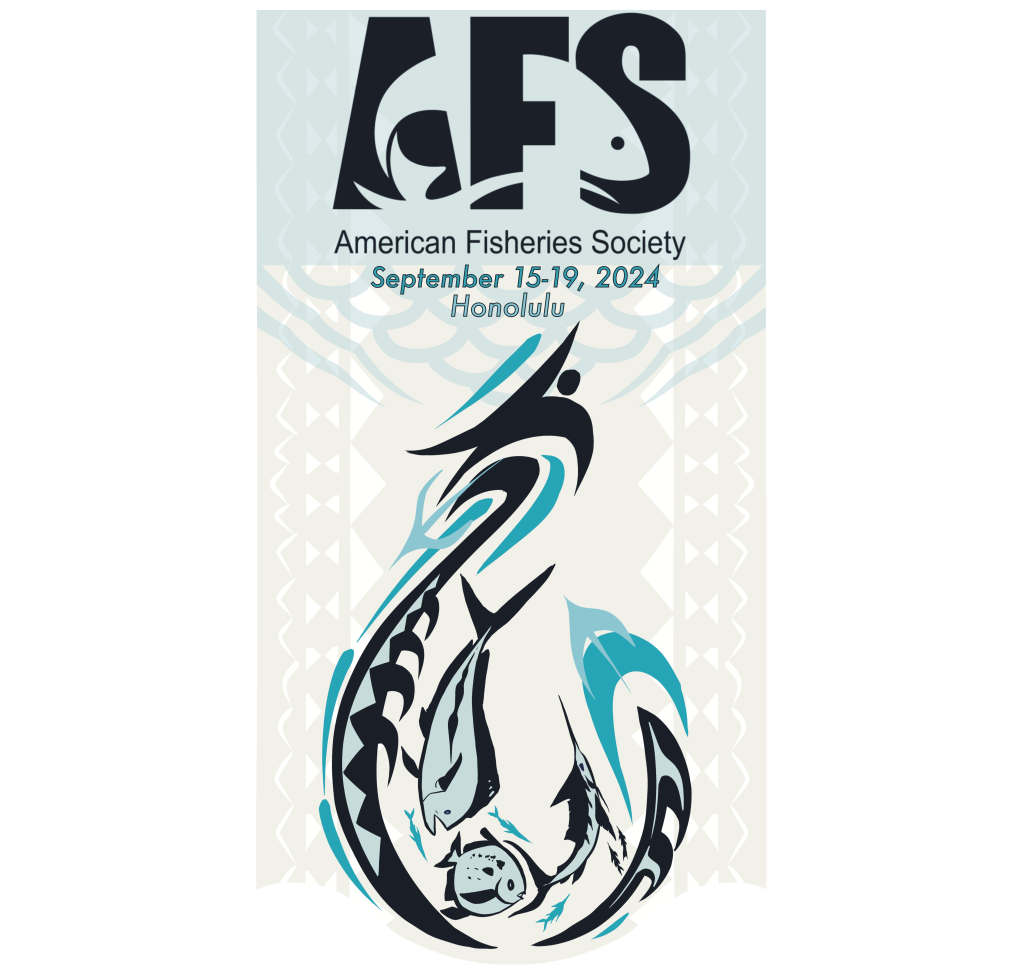Management action to address land-based pollutants can improve coastal health, thus mitigating the effects of climate change. Coastal development, wildfires, and associated runoff lead to sedimentation, excess nutrients, and chemical contaminants, which impact the recruitment, growth, behavior, and mortality of fish populations and their biogenic habitats (e.g., coral reefs, seagrass beds, mangroves, kelp forests). In this symposium, we solicit studies that address key knowledge gaps using interdisciplinary methods to: (1) explore changes in fish biology and habitats as a result of land-based stressors, (2) assess the interacting effects of land-based and climate change-related disturbances on fishes and habitats, (3) discuss approaches to quantify and implement water quality targets to support sustainable fisheries management and spatial planning, (4) describe responses to these changes across ecological scales, and (5) incorporate multiple knowledge systems into the analysis of the impacts of land-based pollutants on fisheries and the communities that depend on them.
Organizer: Mary Donovan, Arizona State University, [email protected]
Co-organizers: Lillian Tuttle Raz, Megan Donahue, Eileen Nalley
Supported by: USGS Hawai‘i Cooperative Fishery Research Unit, University of Hawai‘i, Hawai‘i Sea Grant College Program
